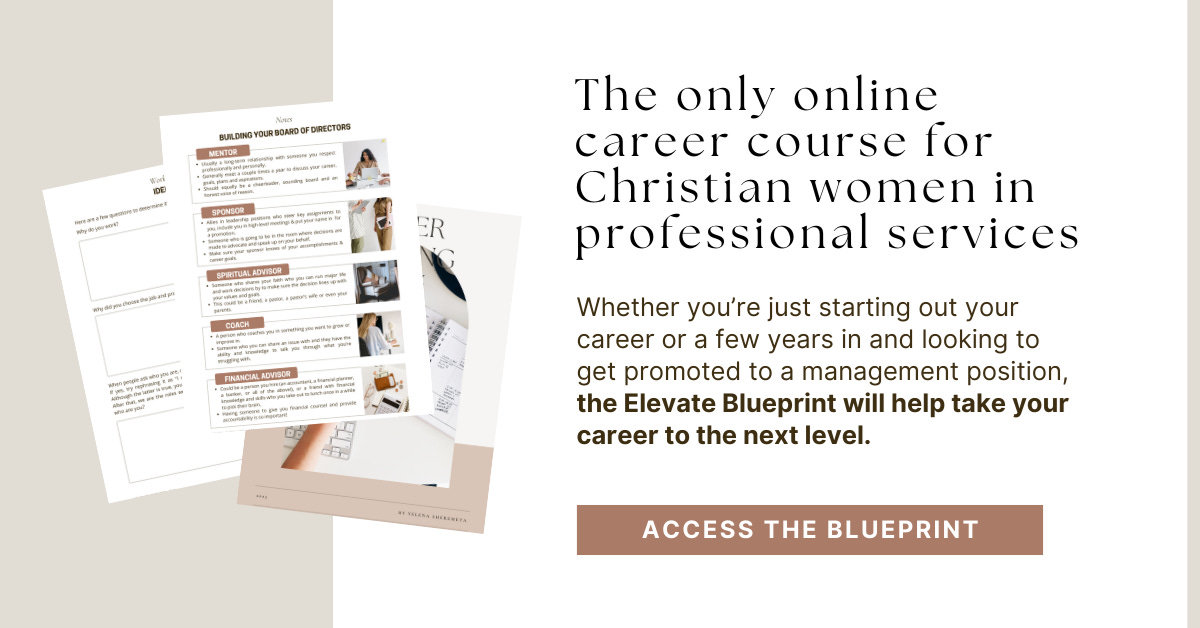Growing your wealth during high inflation
How to make sure inflation doesn't hurt your finances
Welcome! APL is a newsletter for the woman desiring to build a strong marriage, purposeful life and an enduring family legacy.
It seems like everything has gotten more expensive. In 2022, inflation peaked at 9% year over year, which is the highest it's been since 1981 and still hovers around 7% into 2023. The Federal Reserve has been trying to control rising inflation by raising rates, which means borrowing money is also getting more expensive.
Credit card balances in the U.S. are growing, with 46% of cardholders saying they carry credit card balances from month to month (last year, this number was at 39%) and an average balance of $7,486 (that’s 29% increase from prior year). That’s a problem since credit card interest has hit a record high of 19.1%.
Since women spend more time than men making purchasing decisions (we drive 70-80% of all consumer purchasing), how can we better manage our finances to keep up with (and exceed) inflation?
Ask for a raise
Over the last year, many companies have felt the pressure to increase annual raises due to rising inflation. Generally, companies do an annual 3% cost of living adjustment (apart from merit-based raises), but in the last year, employees have been asking for more. It used to be that making over $100,000 was a good thing, but inflation has changed that. Today, Americans with a college degree expect a job to pay at least $92,000 (versus $70,000 in 2014). As a result, the average raise hit a 25-year high in 2022.
If your company hasn’t adjusted your pay in the last year to keep up with inflation (aka, something more than 3%), then consider having a conversation with your boss to ask for a raise (especially if your company is quietly hiring you!). Because if your raise isn’t at least equal to inflation, it’s basically a pay cut, so you’re basically making less for doing the same job. Don’t leave money on the table just because you’re afraid to ask for more.
If you’re not sure what to say, leverage this script I put together for when you need to ask for a promotion, because remember: it’s not really about inflation. The company cares about you, but they also care about the bottom line, so in asking for a raise, tie how your performance moves the needle for your employer in their goals (especially if you can tie it to revenue or other growth!).
Find a new job
In 2022, employees who stayed with their employer saw an average of a 5.5% raise. But those who switched jobs, saw their wages increase an average of 8.1%. In fact, studies show that staying with an employer longer than two years can cause you to lose money, and if you continue to be underpaid, could lead to a 50% lifetime loss of income.
Now, there are a lot of other considerations before you quit your job for a new one: maybe you like the flexibility or benefits at your company and that’s more important to you than more pay; or you like what you do and who you work for so you want to stay there even if you could make more money elsewhere.
Don’t switch jobs only for the money, but if you can make more money and still enjoy your work just as much, then maybe it’s time to switch it up, especially if your employer isn’t willing to make sure your pay keeps up with inflation.
Start a side hustle
We should all have income streams in addition to our salaries, so if you haven’t yet, start brainstorming and working on other ways to make money beyond your day job. I like to view this as taking a portfolio approach to your career.
You can start small, with the time you have in the season you’re in, but a year from now, you’ll be glad you started today. Here’s a list of ideas to get you started.
Re-think your spending
There is only so much you can cut in your budget, especially when inflation is hitting essentials you need to live (like food!). One can’t exactly just stop eating. That’s why I’m personally a proponent of finding ways to diversify and increase income streams for your household. But, as Christians, we should still steward our finances well, which means regularly evaluating what we spend our money on. Here are some ways to do this:
Tithe. The Bible calls us to honor the Lord with our wealth and the firstfruits of what we bring in (Proverbs 3:9). As tempting as it may be to cut back on tithing and giving when finances get tight, I have personally experienced and seen a correlation in how my finances are more abundant when I tithe vs. when I do not.
Bring the full tithe into the storehouse, that there may be food in my house. And thereby put me to the test, says the Lord of hosts, if I will not open the windows of heaven for you and pour down for you a blessing until there is no more need. -Malachi 3:10
Shop local. This is something my husband and I have been slowly trying to shift to: buying from local farmers. We recently found a direct to consumer farm store that sells beef and eggs, and one of my goals this spring is to start a small garden with the basics we often buy at the store (herbs, tomatoes, lettuce). Not only are you buying better quality food, but you’re also supporting a local business. We were also surprised to find that prices are comparable to grocery stores!
Track your spending. My husband and I kind of fell off the wagon with this once Levi was born, but we’re back to inputting our expenses into a spreadsheet to track our spending. You can also use an app to do this, but I personally find that something about manually doing this adds a whole new level of accountability and transparency.
Do a contentment challenge. I’ve done this challenge a couple times over the years (and currently in the middle of a contentment challenge!), but basically the idea is that you only buy essentials like groceries for three months (or pick your own length of time). For me, this means mostly not buying any new clothes or other random spending. I don’t always do it perfectly, but this challenge truly helps shift your perspective to make do with what you have vs. spending money on more stuff that you really probably don’t actually need.
Evaluate your investments
The Nationwide Retirement Institute found that 62% of women with employer-sponsored retirement plans are either expecting to retire later than originally planned or don’t believe that they will ever be able to retire because of inflation. It’s hard to think about retirement - especially if it is decades away - when your finances are so tight today, but what you sow today, you will reap someday.
So, even if it is just a little each month, consider where you can invest your finances for maximum return. This could look like a high yield savings account, investing in the stock market, putting money into your 401(k), buying land or other assets that appreciate in value, or even going back to school to invest in a degree that will increase your earning potential.
When you say yes to something, you’re saying no to something else. When it comes to finances, the money I spend today on a want (vs. a need), is money I’m not putting towards investments with a better, long-term return (like our dream to save towards buying a farm).
Here are some questions to help evaluate where to invest your money:
Is this the best use of my money?
Does this put me one step closer towards my big picture goals?
Is this the most stable place I can put my money?
Does this offer me downside protection as well as growth opportunities?
Where do I want my portfolio / finances to be in 10, 20, or even 30 years?
What will be the return on my investment if I put my money here?
I’d love to hear from you! What steps are you taking to ensure your finances keep up with inflation?
Send me an email or reply below in the comments! And as always, if you enjoyed this newsletter, please tell a friend about it!
Until next time,
YPS
P.S. How women can better excel in their work is a passion of mine. If any of this resonated with you, my Elevate Blueprint could be a good fit for you! My email friends get 10% off the Elevate Blueprint always! Use code EMAILFAM








This was such an in depth and enlightening article. I’m really trying to work on building a portfolio career but man does limited time and ENERGY make that tricky.